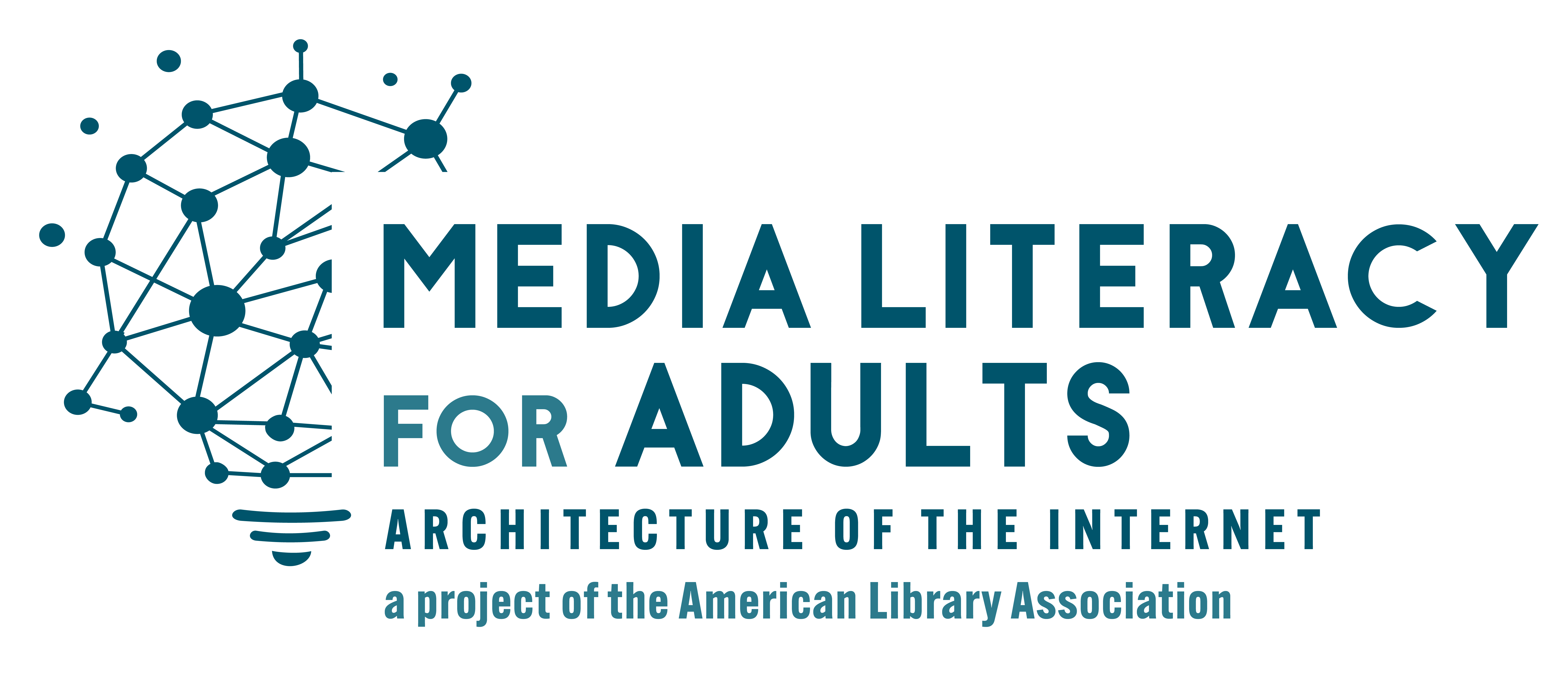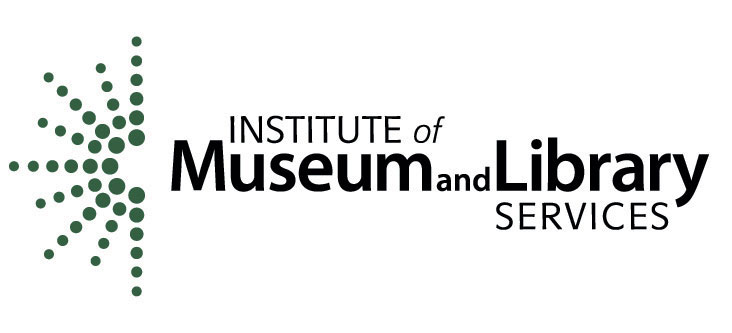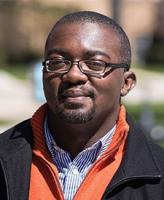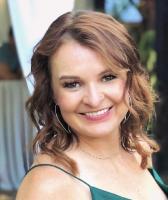Media Literacy Education for Adult Audiences: Exploring ChatGPT and Conversational AI
In this session, we will explore what conversational AI is as well as the risks, benefits, and considerations when utilizing this technology.
 Conversational AI is a technology that enable machines to simulate human conversation, or as ChatGPT would describe itself, “think of me as a really well-read assistant who’s here to help with a wide range of topics, from answering questions and offering advice to brainstorming ideas and providing a bit of entertainment.” Join us for the last session in our new Media Literacy Education for Adult Audiences: Architecture of the Internet webinar series, a five-part series that will focus on shedding light on the often-overlooked aspects of the internet that shape the information landscape online.
Conversational AI is a technology that enable machines to simulate human conversation, or as ChatGPT would describe itself, “think of me as a really well-read assistant who’s here to help with a wide range of topics, from answering questions and offering advice to brainstorming ideas and providing a bit of entertainment.” Join us for the last session in our new Media Literacy Education for Adult Audiences: Architecture of the Internet webinar series, a five-part series that will focus on shedding light on the often-overlooked aspects of the internet that shape the information landscape online.
In this session, "Media Literacy Education for Adult Audiences: Exploring ChatGPT and Conversational AI”, we will explore what conversational AI is as well as the risks, benefits, and considerations when utilizing this technology.
Key learning objectives for this session will include:
- Understanding what conversational AI is and looking at examples, such as ChatGPT
- Recognizing what responsible use of conversational AI looks like
- Identifying strategies for educating adult patrons about the implications of using conversational AI
This webinar series focuses on topics included in the recently published Media Literacy for Adults: Architecture of the Internet Programming Guide.
Resources
- Presenters' Slideshow:
- Generative AI short course
- AI and Libraries (WebJunction): Webinar recording and link to additional resources
- Digital Librarian AI resource list: includes courses, articles, ideas on writing policies, and info on copyright/ethics
- Exploring AI with Critical Information Literacy (ACRL course offered Jan. 2 - Feb. 21, 2025)
- Media Literacy Education for Adult Audiences: Demystifying AI
Accommodations
This webinar will be presented online via Zoom. Closed captions will be enabled during the presentation, and we will share a copy of the presenter's slideshow at least 24 hours in advance. If you need other reasonable accommodations, please reach out to us by December 4, 2024 via email at publicprograms@ala.org or by calling 312-280-5045.
This project was made possible in part by the Institute of Museum and Library Services grant number LG-252324-OLS-22. 

Michael A. Spikes, PhD has been teaching, writing about, and developing curriculum on the subject of News Media Literacy and media production for more than 15 years. Currently, he is the Director of the Teach for Chicago Journalism project and a lecturer at Northwestern University’s Medill School of Journalism. He is also the co-founder of the Illinois Media Literacy Coalition, a collaborative of Illinois educators and scholars working to improve and build models for media literacy education in public schools in response to recent legislation mandating media literacy education in Illinois high schools. The coalition’s Framework for Media Literacy Education has been recognized by the Illinois State Board of Education as a key resource for teachers. For this work, Michael has been recognized with a 2022 Illinoisan of the Year award from the Illinois News Broadcasters Association.
Michael has previously held roles as a project manager for the Center for News Literacy at Stony Brook University, a media studies teacher in both public and public charter schools in Washington DC, and was a member of the educational advisory team at the Newseum. He has also held roles as a media producer and editor for NPR, the PBS NewsHour, and the Kellogg School of Management.

Kristen Calvert serves as the Events & Programs Administrator for Dallas Public Library. She oversees event and program initiatives for the library system along with managing the J. Erik Jonsson Central Library. She has worked in multiple facets of public library service over the past ten years, from circulation and librarian, to manager and administrator, in both rural and urban libraries. She has worked as a media literacy stakeholder with ALA and trained library workers in media literacy principles. Originally from Florida, she received her master's in library science from Florida State University and her Bachelor's from the University of Florida.
